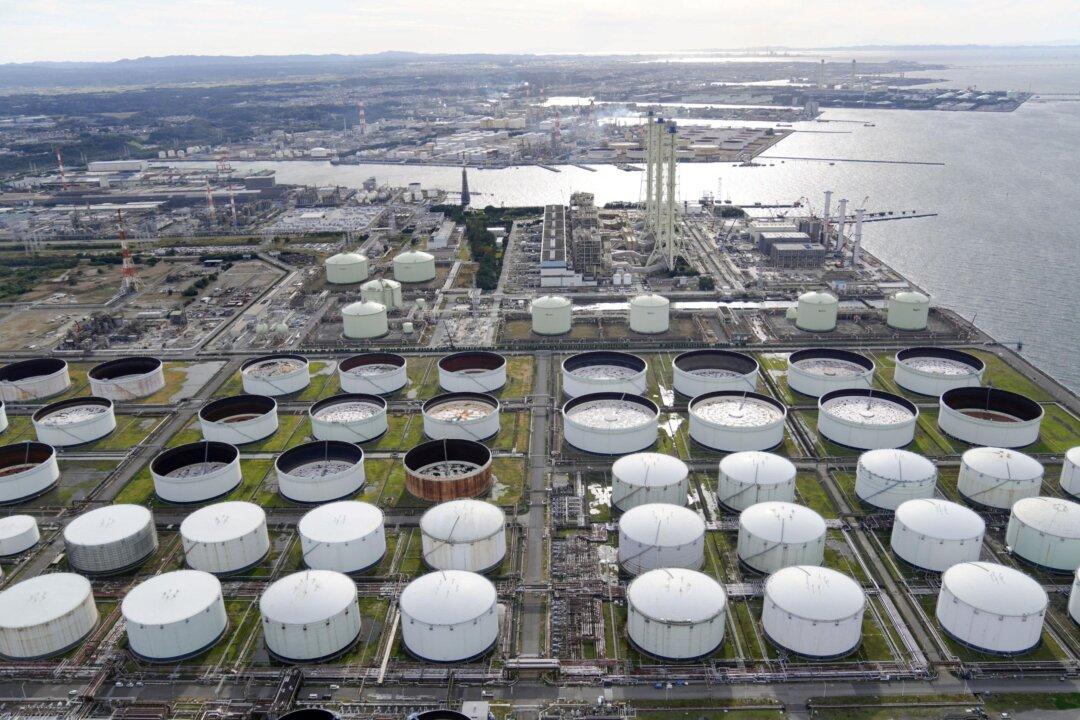LONDON—Recent shifts in the relative price of different crude grades have dealt oil exporters from the vast Atlantic Ocean basin the best chance in months to sell to top consuming region Asia, but sales have been sluggish as COVID-19 fears cool demand.
The Omicron coronavirus variant has curbed oil consumption in Asia just as U.S. and West African sellers pinned their hopes on the changing market structure paving an easier path eastward than competing oil from the Middle East.





